Write your awesome label here.
The Cost of Being a People Pleaser
I used to think being agreeable made me a kind person.
But that’s not always true.
Being a people pleaser means you often put the needs and approval of others ahead of your own.
You ignore your own gut feeling to avoid confrontation. And slowly, your self-worth and self-esteem start to fade.
When you say “yes” when you actually want to say “no”, you're not only being dishonest with others, you're also betraying yourself in the process.
And over time, that builds resentment, frustration, and emotional burnout.
What Are Boundaries Really?
Boundaries aren’t walls.
They aren’t about being rude or pushing people away.
They aren’t about being rude or pushing people away.
They’re actually a form of self-respect and self-love.
Setting boundaries means understanding what matters to you, what your core values are, and clearly defining what you’re okay with and what you’re not.
Boundaries are the force fields that give you the power to protect your mental health, time, energy, and peace.
Signs You Haven’t Set Boundaries
Let me share some signs I noticed in myself when I struggled with boundaries:
- Saying “yes” when I wanted to say “no”
- Agreeing to plans out of guilt
- Feeling drained after indulging people I didn’t want to engage
- Avoiding conflict at all costs
- Feeling passive-aggressive or resentful
If any of these sound familiar, it’s a clear sign you need to practice setting boundaries.
Why People Pleasing Hurts More Than It Helps
When you're constantly saying yes to others, you're saying no to yourself. That means no to your rest, your priorities, and your mental well-being.
And let’s be honest.
The people who benefit from your people pleasing are not always looking out for you.
Some people might actually be taking advantage of your niceness. They may even get upset when you start saying “no”. That’s a red flag because toxic people often rely on your lack of boundaries to get their way.
But here's the thing: When someone gets angry that you're prioritizing your well-being, they were never truly respecting you to begin with.
How to Say No (Without Guilt)
As a people pleaser, saying no might make you feel selfish at the start.
But what it actually does is make you assertive and self-empowered.
And if you struggle with not wanting to come off cold, disrespectful, or blunt; here are a few simple ways I learned to say no clearly yet kindly:
“Thanks for thinking of me, but I can’t commit to that.”
“I won’t be able to make it, but I hope it goes well.”
“I need to prioritize my own schedule right now.”
Start small.
Decline a coffee date or opt out of a group event you’re not excited about.
Over time, your self-confidence and self-trust will grow.
Use Your Values to Set Clear Boundaries
Your core values are your compass.
They guide what you say yes and no to.
Questions you can ask yourself:
- Does this align with how I want to spend my time?
- Will this support my emotional and mental health?
- Am I saying yes to avoid guilt or because I truly want to?
If the answer doesn’t sit well, that’s your signal to draw a boundary and prioritize yourself.
What Happens When You Begin Setting Boundaries
Here’s what shifted for me:
I stopped being angry at myself for overcommitting to things I didn’t want to attend. My self-esteem elevated because I stood up for what mattered to me. I began to see who respected my boundaries and who didn’t. I reclaimed my time and energy for the things that filled me up. And most importantly, I started trusting my inner voice more.
The interesting thing about having stronger boundaries is people will begin to respect them too. Because if you always say yes to everything, it’s harder to tell if you really mean yes, which waters down your yes, and your no.
Why Boundaries Are a Form of Love (Mindset Shift)
Think of it this way: If you don’t protect your time and energy, no one else will.
Setting boundaries helps you become the most honest, aligned, and authentic version of yourself.
And from that place, you can give and love others more freely, without feeling drained or resentful.
It’s not about saying no to everything. It’s about saying yes to the right things, starting with yourself.
Practice Exercising Your Boundaries
So here’s a quick tip that can help you exercise your boundaries:
Every time you’re asked to do something, pause, then ask yourself:
“Am I saying yes out of love or out of guilt?”
If it’s guilt, try saying no this time.
You’ll feel uncomfortable at first.
But each time you do it, you’re building that muscle of assertiveness and self-awareness.
And developing the confidence and self-trust you’ve been hiding from yourself (and others).
Stop People Pleasing and Move Forward
If you’re struggling with being a people pleaser, just know that’s not your fault.
Many of us were never taught how to say no or value our own needs.
But you can learn and grow. You can stop people pleasing and start living for yourself.
Boundaries are your way back to freedom, peace, and confidence.
And if this sounds like a life you want to live, then today is the perfect day to start :)
If this resonated with you, share it with someone else who needs to hear this.
Sincerely,
Dexter Lam

Do you want to level up and change your life Trajectory?
We're launching our course on Self-Awareness
Thank you!

